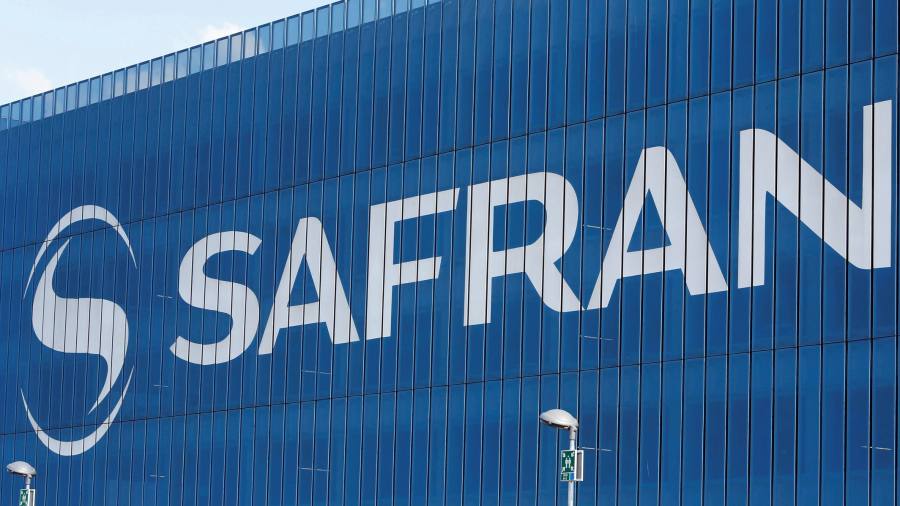French aerospace and defence group Safran is in talks to buy the flight controls unit of US-based Raytheon Technologies, in what would be the engine maker’s first significant acquisition since seat producer Zodiac in 2018.
Raytheon is one of America’s top five “prime” contractors with the Pentagon, with operations including its defence and missile businesses, engine maker Pratt & Whitney and Collins Aerospace.
Safran on Monday confirmed it was in talks over the division that makes mechanical actuators for flight controls for most commercial aircraft models, as well as several military ones. It declined to say what valuation it was discussing, as part of a bidding process open to other parties.
Bloomberg, which first reported the discussions with Safran, said a deal could value the unit at about $1bn. The deal would be the first major deal by Safran since its Zodiac acquisition worth nearly €9bn.
“At this stage, it is not possible to evaluate the chances of reaching any agreement,” Safran said in its statement.
Analysts at Jefferies said the potential “low margin, low after-market nature” of the business were “potential negatives, as any M&A for Safran competes with share buyback potential”. The unit has forecast sales in 2024 of $1.3bn and earnings of $106mn.
“A low after-market content would go against one of the key criteria for Safran’s M&A which are: strong after-market; high barriers to entry; profitable growth,” said Chloe Lemarie, Jefferies analyst, in a note after the French company confirmed its interest.
Safran “may still be interested, as it could generate some synergies with its equipment business, by integrating these mechanical actuators capabilities into its flight control systems”, Lemarie added.
Raytheon declined to comment.
Safran’s Zodiac deal ended up being a tortuous process involving a battle with activist hedge fund The Children’s Investment Fund, which launched a campaign in 2017 for it to drop a bid it deemed too generous.
Safran ended up shaving €1bn off its initial offer price after a series of profit warnings at Zodiac. The deal was a transformative one for Safran, uniting two major aerospace suppliers to make it one of the largest equipment makers in the industry worldwide.
Since 2018 the aerospace industry has been rocked by the Covid-19 pandemic and is still grappling with supply chain and raw material problems as demand from aerospace clients ramps up again.
Read the full article here




